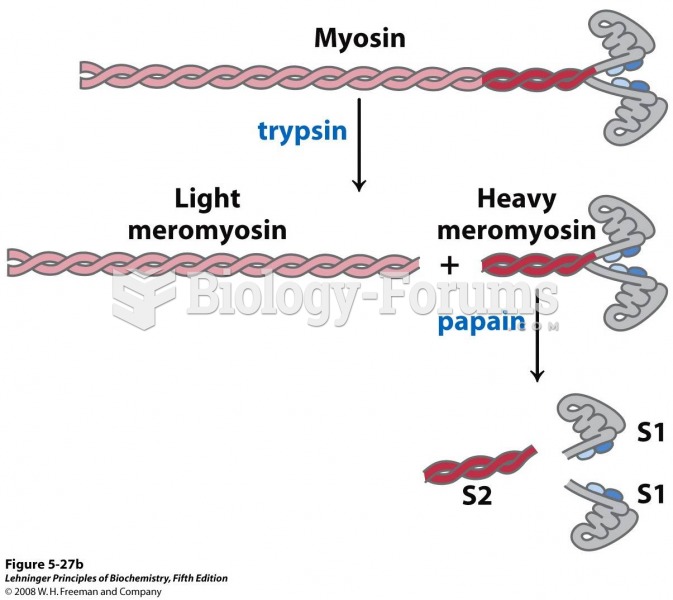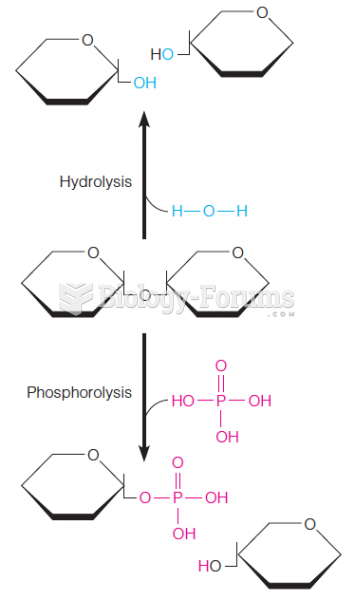|
|
|
The first oral chemotherapy drug for colon cancer was approved by FDA in 2001.
According to animal studies, the typical American diet is damaging to the liver and may result in allergies, low energy, digestive problems, and a lack of ability to detoxify harmful substances.
People with high total cholesterol have about two times the risk for heart disease as people with ideal levels.
Earwax has antimicrobial properties that reduce the viability of bacteria and fungus in the human ear.
Though newer “smart” infusion pumps are increasingly becoming more sophisticated, they cannot prevent all programming and administration errors. Health care professionals that use smart infusion pumps must still practice the rights of medication administration and have other professionals double-check all high-risk infusions.







